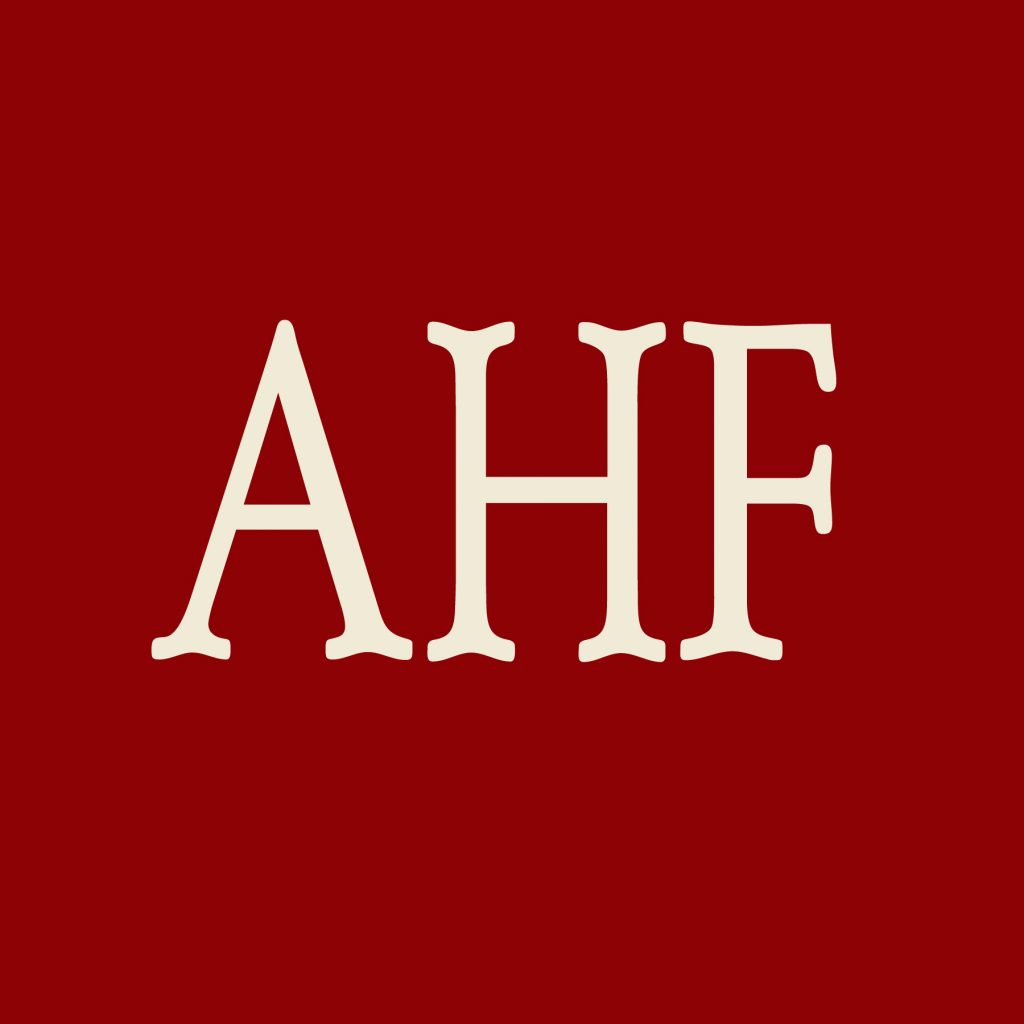The AIDS Healthcare Foundation (AHF) has called for the implementation of programmes and policies that will give adolescent girls and young women in Akwa Ibom State improved access to healthcare.
The Country Programmes Director of AHF, Dr. Echey Ijezie, made the call on Friday in Uyo during the commemoration of the 2025 International Day of the Girl Child with the theme, “The Girl I Am, The Change I Lead: Girls on the Frontline of Crisis.”
Ijezie said the future of the girl child must be protected through well-designed policies and sustained investment in sexuality education, HIV prevention, testing, and treatment.
He disclosed that no fewer than 4,000 young women aged 15 to 24 are infected with HIV every week globally, with about 3,300 of those cases occurring in sub-Saharan Africa.
According to him, the event aimed to celebrate the achievements of girls and highlight the need to expand opportunities that enable them to thrive and live healthy lives.
He expressed concern that many young girls still struggle with poor menstrual health and limited access to reproductive health services.
In her keynote address, Mrs. Inibehe Etukudo, the Akwa Ibom State Commissioner for Women Affairs and Social Welfare, reaffirmed the state government’s commitment to protecting the rights of the girl child.
Etukudo said the government was creating opportunities for the voices and ideas of female children to be heard and for their potentials to be fully developed.
She noted that the state was working to secure funding for programmes that would empower girls through scholarships and health initiatives.
“Education remains the cornerstone of this vision. Every girl in Akwa Ibom deserves access to quality education, free from obstacles such as poverty or early marriage.
We must also prioritize their health by ensuring access to menstrual hygiene resources and mental health support so they can flourish,” she said.
Also speaking, Dr. Ekemini Essien, AHF Coordinator in Akwa Ibom, urged governments at all levels to develop and implement policies that empower and protect the girl child.
The event also featured the distribution of sanitary pads to promote menstrual hygiene among young girls.


